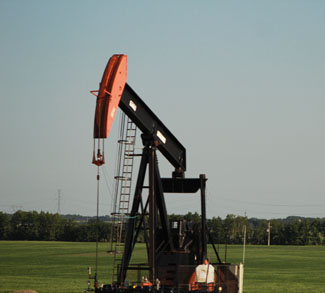Summary
It has been a tough few years for oil producing states.
Even pre-COVID, the market outlook wasn’t favorable: demand growth had been dropping year-on-year since 2017; growing US production was flooding the global market with new supply; and OPEC+ had time and time again proven unable to fix prices like it once could.
But then COVID-19 hit. The global pandemic is expected to produce a 10% dip in global oil demand by the time 2020 is over, and it will be years before demand recovers to 2019 levels.
This has had a profound impact on oil prices. Toward the end of 2019, the EIA was projecting a price of $61 per barrel for Brent Crude in 2020. More recent projections put that price at $41.43. The year ahead will bring some upward movement, with the EIA currently projecting $49/barrel (Brent) – but this is still over $10 lower than the price levels many governments were banking on for 2020.
Consecutive years of depressed oil prices mints winners and losers: oil importers receive current account relief, and exporters see their budget projections strangled by lower export revenues. Here are the hardest-hit oil producing states heading into 2021:




